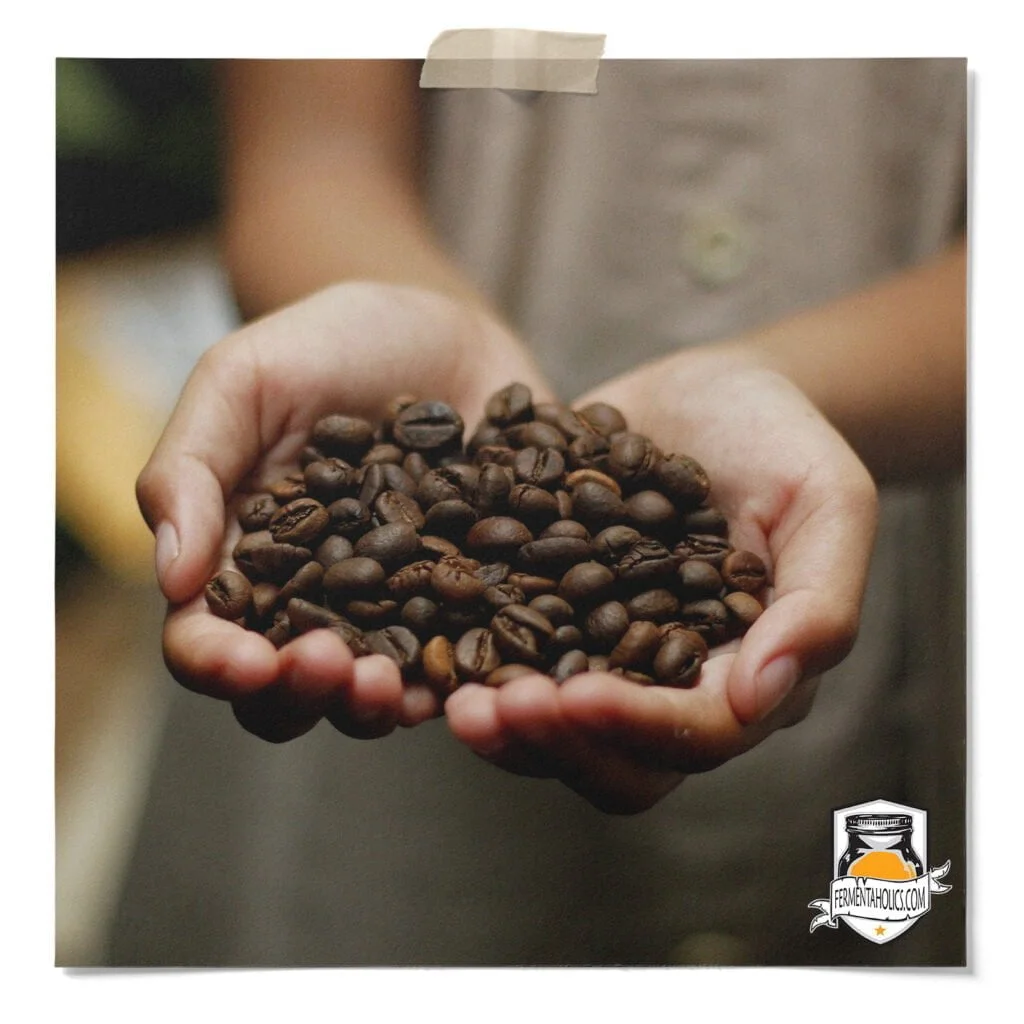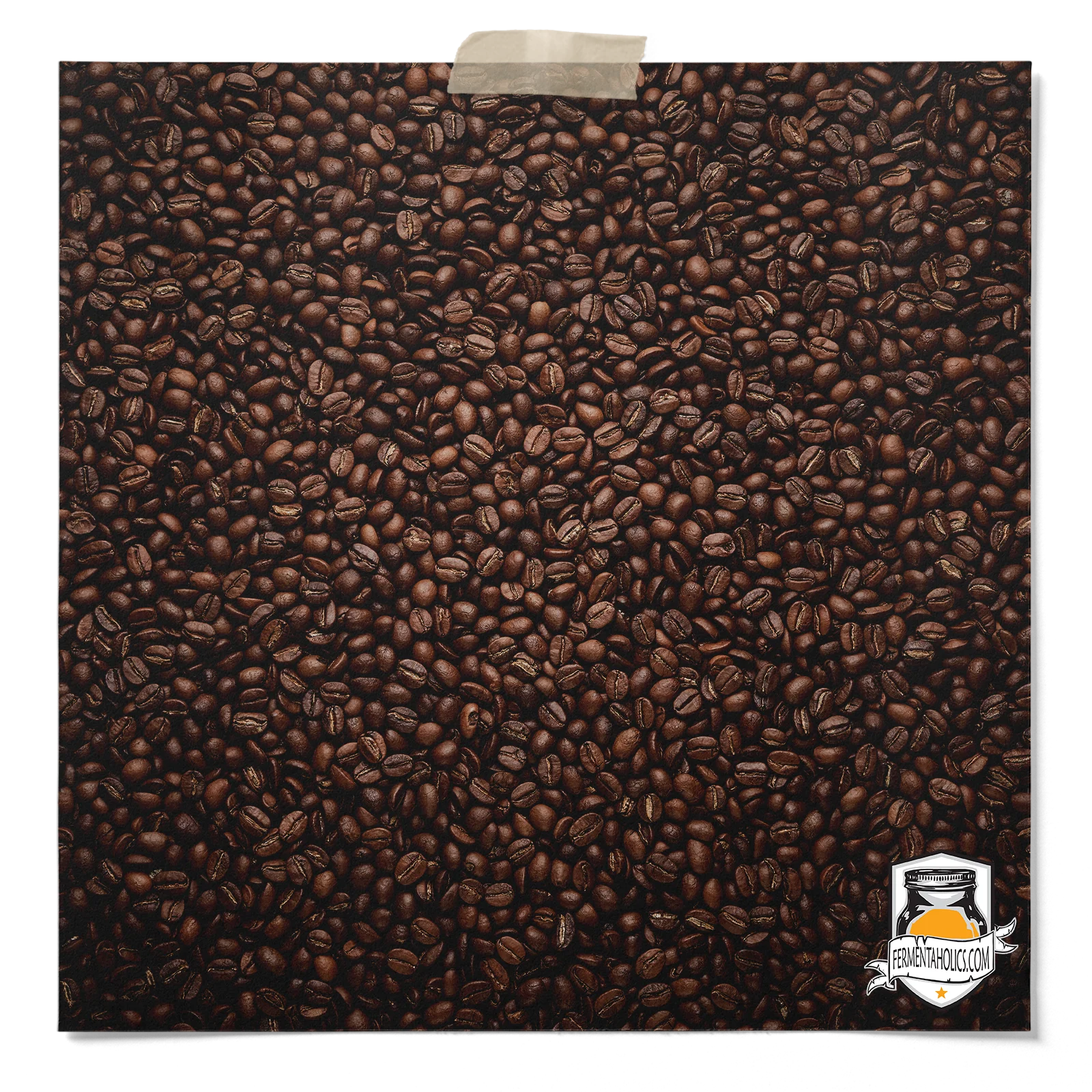
Caffeine is well-known and loved for its stimulating effects, but not everyone feels the same. For those who are sensitive to caffeine, the same properties that others enjoy can cause adverse side effects in others, like jitters or sleeplessness. If you find yourself in this boat, you’re probably here to get an answer on how much caffeine is in kombucha and how it stacks up next to other caffeinated drinks. So, let’s jump into it.

The short answer is yes. Most kombucha does contain caffeine, and this is because it is brewed with black or green tea. Since tea naturally contains caffeine, kombucha does indeed have caffeine. So, just how much caffeine is in your homemade kombucha or store-bought varieties? Well, it depends.

Generally speaking, the caffeine content in kombucha is pretty low. However, it still should be considered for those with caffeine sensitivities or who are avoiding caffeine entirely. So, while most kombucha will have caffeine, the actual content varies. No-caffeine kombucha can be made, but you’ll likely need to make it yourself.
Caffeine is a naturally occurring substance found in cocoa plants, coffee beans, kola nuts, and tea leaves. Its consumption results in mild mental alertness and has been popularly consumed worldwide for centuries. It is considered a drug due to its state-altering and possibly addictive properties; however, it is by far the most widely accepted and innocent of all drugs. There are innumerable caffeinated beverages available commercially, so many that it can be a bit dizzying to keep up with. The Center for Science in the Public Interest (CSPI) put together an interesting and thorough chart containing the caffeine concentrations in popular brand-name beverages, including kombucha.
Well? It depends. For store-bought kombucha, I’ve seen it range from 7-80 mg. 100 mg is the caffeine content of a typical cup of coffee. The chart mentioned above shows Kevita Master Brew containing 80 mg of caffeine in a 15 oz serving. GT’s kombucha reports having only 8-14 mg concentrations per 8 oz. Brew Dr. Kombucha reports having less than 15 mg of caffeine per 14 oz of kombucha. So, if you’re concerned with the caffeine levels of kombucha, it’s a great idea to read the labels of products you’re purchasing, as they can fluctuate dramatically.
When making your own kombucha, you’ll notice that the kombucha tea ratio isn’t the same as if you were brewing a cup of tea to drink. For 1 gallon of kombucha, you only use 6 teaspoons of loose leaf tea or 6 tea bags. Instead of the 16 teaspoons needed if you followed a typical ratio of 1 tsp per 8 oz tea. So just by the nature of the recipe, you are adding significantly less caffeine right from the start.
A good starting point is to do some quick math, determining the amount of caffeine the tea you are using contains. Keep in mind that this isn’t going to be exact because brewing time, blend, and preparation all affect caffeine levels. So for this example, I will use the standard 40 mg per tea bag of black tea brewed for 3-5 minutes. This will put us at about 240 mg per gallon or 22.5 mg per 12 ounce prior to fermentation. The fermentation process naturally reduces the caffeine content. There are mixed opinions on the exact amount but a general rule is that finished kombucha will be reduced to 1/3 of it’s original caffeine content. So following this rule, it will put your kombucha at 7.5 mg with decaf coffee having 7 mg a cup.
Yes! A huge benefit of making your own kombucha is controlling what goes into it. While caffeine is a source of nitrogen in kombucha, it is not the only source of nitrogen, so opting for a caffeine-free or herbal tea won’t be detrimental to your SCOBY. Living within the SCOBY are a few species of bacteria that are nitrogen-fixing, allowing them to extract nitrogen from the air. If you’re going this route, be sure to check out our line of kombucha herbal teas.
When brewing kombucha with herbal teas follow the same ratios as you would with any green tea, black tea or white tea. Check out our detailed instructions on how to make kombucha. A great tea option for brewing kombucha is Rooibos, or African Red Bush Tea. It’s caffeine free and lends a beautifully sweet, earthy flavor to the finished kombucha. I love caffeine but I will often brew with rooibos because I love the flavor. Feel free to be creative and experiment! It’s always a good idea to reserve a few cups of kombucha as a back up just in case something does go wrong. Store any backups just as you would a regular brew with a breathable cover, just like any other scoby hotel.
While kombucha typically does contain caffeine, its concentrations are generally low. If you have caffeine sensitivities, be sure to read the labels on store-bought products so you know what is in it. If you want to drink kombucha but don’t want to consume any caffeine, consider making your own kombucha with herbal teas!

The caffeine content in store-bought kombucha can vary significantly. It can range from as low as 7 mg to as high as 80 mg per serving. For context, a typical cup of coffee contains about 100 mg of caffeine.
Yes, different kombucha brands have varying levels of caffeine. For example, Kevita Master Brew contains about 80 mg of caffeine in a 15 oz serving, while GT’s kombucha reports having only 8-14 mg per 8 oz. Brew Dr. Kombucha has less than 15 mg of caffeine per 14 oz.
Generally, yes. Even at its highest, the caffeine content in kombucha is typically lower than that of a standard cup of coffee, which has about 100 mg of caffeine.
If you are sensitive to caffeine or monitoring your intake, it’s advisable to read the labels of kombucha products carefully or just make your own so you can have complete control of the caffeine content.
Yes, kombucha does contain caffeine. The caffeine content is typically derived from the tea used in its brewing process.
The caffeine content in kombucha is significantly less than that of the tea used to brew it. Roughly one-third of the original caffeine content remains after the fermentation process.
Yes, the caffeine content in kombucha can be reduced by brewing with less caffeinated teas, or using decaffeinated teas during the brewing process can help decrease the caffeine content.
Yes, herbal teas can be used for brewing kombucha, but they may not provide the same level of nutrients for optimal SCOBY health. For this reason, it’s often recommended to blend them with black or green tea.
